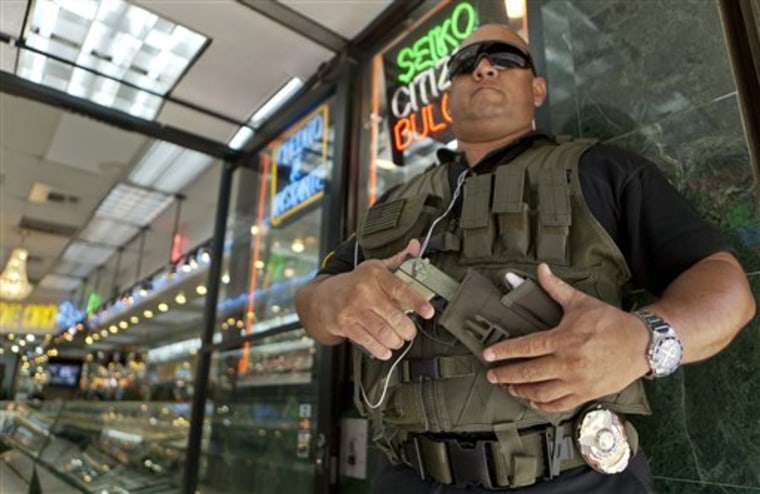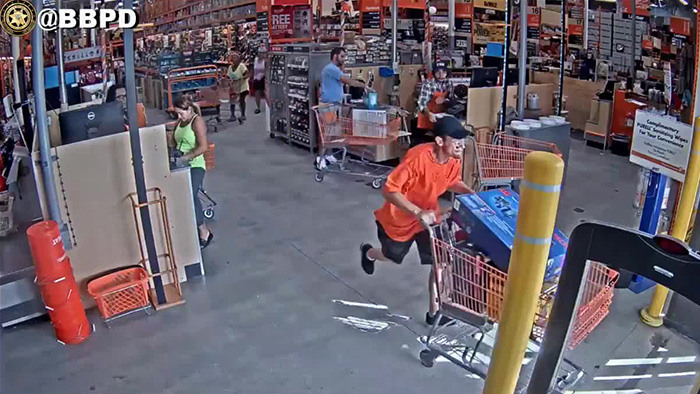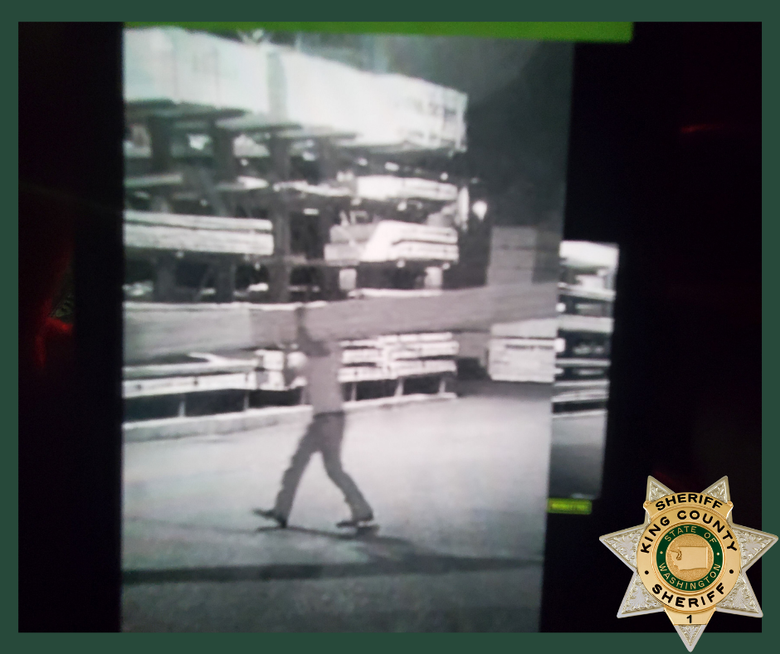
When most people think about the holidays, they imagine quality time spent with family and friends. Unfortunately, although it’s the season of giving and goodness, holiday crime statistics show that retail theft and other crimes spike by 30% or more. There are several reasons why holiday crime statistics are higher than any other time of year.
REASONS WHY CRIME INCREASES DURING THE HOLIDAYS
- Increased consumption of alcohol: Many events surrounding the holidays involve food and drink, and some people take the risk of driving home drunk.
- Heightened emotions: Some people have a difficult time during the holidays. They may have been cast away by family members or living in a home where domestic violence is present. Self-inflicted wounds, addiction, and assaults are more common in those who become more emotional during the holidays. Strong emotions can cause people to make impulse decisions they may later regret.
- Increased theft: The business and distractions of hectic stores, and the pressure to give gifts during the holidays can lead some people to resort to theft.
CRIMES COMMITTED DURING THE CHRISTMAS HOLIDAYS
Black Friday, Boxing Day, and seasonal sales bring the busiest shopping times of the year. Despite the reduced prices and great deals, some people are tempted to steal from stores and from customers. Organized Retail Theft and shoplifting are crimes which tend to increase this time of year. Cyber fraud and theft also rise during the holidays as more people use online payments to buy gifts. There are several frauds that ask people to click links or give personal banking information to unsolicited emails.
Another crime that increases during the holidays is Domestic Violence. Increased stress, financial troubles and Depression are contributing factors. This, in combination with the increased alcohol consumption and drug abuse, contribute to this spike.
NEW YEAR’S EVE CRIMES
New Year celebrations usually see an increase in crimes such as Driving Under the Influence (DUI). Many people celebrate the entrance of a new year by drinking with friends and family. Some people may think they have control over their actions or over the vehicle when they drive home drunk. However, law enforcement is aware of this. That’s why many officers patrol the streets on holiday emphasis patrols. Keeping the streets safe is one of their primary duties over the holidays. Therefore, the chances of getting caught are even higher than one might think.
Please contact my office if you, a friend or family member are charged with a crime during the holidays. Don’t tarnish Christmas or New Year’s Eve with a criminal conviction. Hiring an effective and competent defense attorney is the first and best step toward justice.














